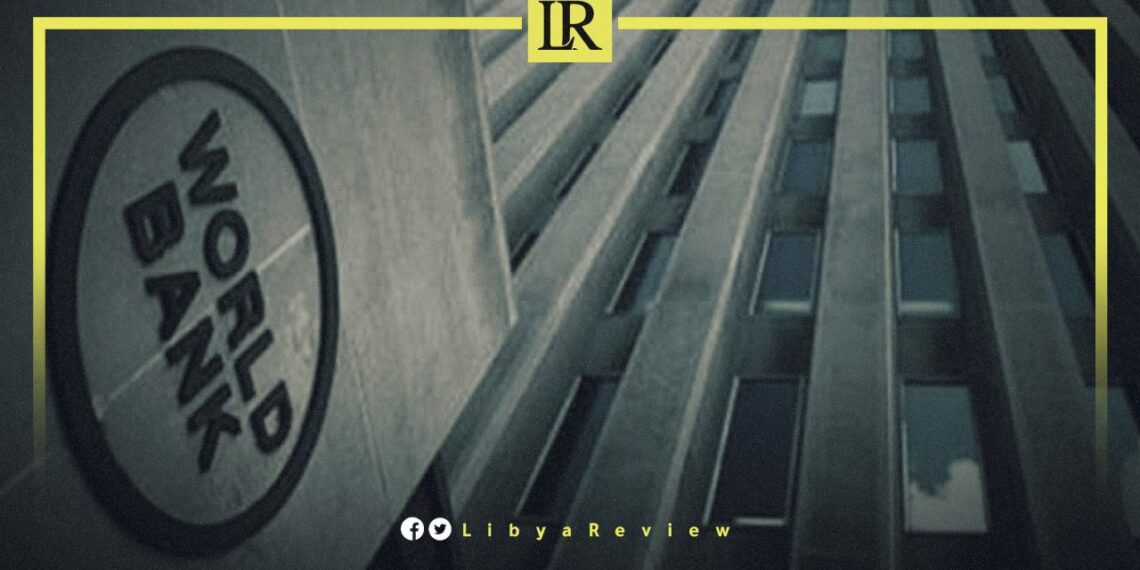The World Bank, in its report on economic developments in the Middle East and North Africa, predicted Libyan economy to grow by 4.8% in 2024, compensating for a contraction of 1.7% in 2023.
According to data from the Bank’s report, Libya’s Gross Domestic Product (GDP) grew by 1.3% in 2022, before contracting by 1.7% in 2023.
The World Bank report forecasted the Gross Domestic Product (GDP) growth rate to reach 5.3% in the fiscal year 2025, compared to 4.8% in 2024.
Per capita GDP contracted by 2.8% in 2023, but the World Bank expects growth rates of 3.7% in 2024, rising to 4.2% in 2025.
The economic circles in Libya are witnessing a surge of optimism following significant increases in the price of Brent crude, which has recently surpassed $90 per barrel. This upward trend is giving hope for the recovery of the national economy of this OPEC member state.
In a recent statement to the press, economic expert Atiya al-Fituri highlighted the dual benefit of rising global oil prices and the recovery of Libya’s oil production, which has reached around $91 per barrel. Al-Fituri emphasized the importance of capitalizing on these revenues and advocated for the removal of the tax on the dollar in light of these developments and the anticipated improvement in economic indicators.
He explained that Libya’s economy is heavily reliant on a single commodity—oil—and that the global price increase would significantly boost Libya’s foreign currency income.
Additionally, Abdelhadi al-Aswad, a professor of economics at Libyan universities, stressed the necessity of approving a general budget for 2024 and opening new exploratory fields in the oil and gas sector to increase production. He noted that Libya needs an oil price of $100 per barrel to achieve a surplus in revenue, which would stabilize the economy and enhance the purchasing power of the dinar.
According to analysts quoted by Bloomberg, the price of oil could continue to rise to $100 per barrel, with the global oil market appearing closer to its 2023 condition.
For decades, Libya has depended on oil and gas as its primary sources of income. Energy exports account for 96% of total exports and fund about 95% of the state budget, underscoring the critical role of this sector in the nation’s economy. As global conditions evolve, Libya’s economic prospects hinge on its ability to manage and leverage its oil revenues effectively.


